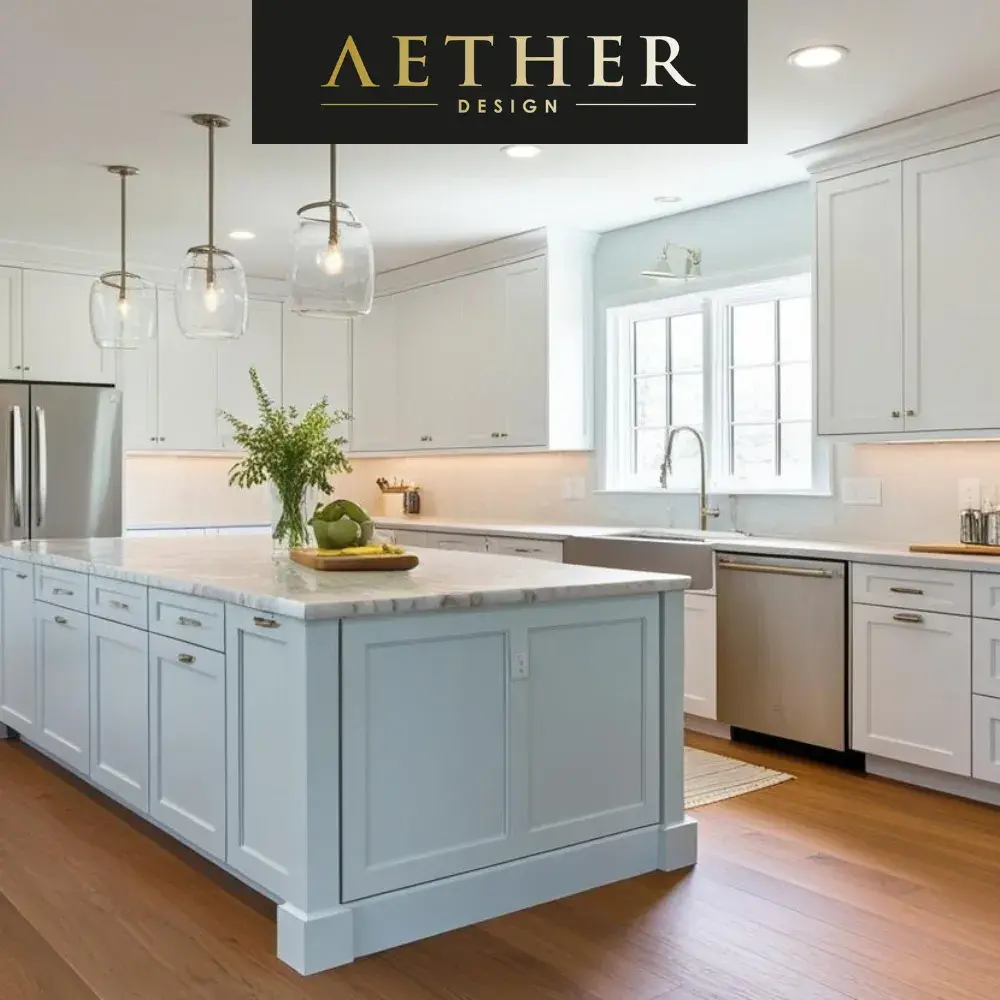Great kitchen spaces are never the result of guesswork—they are shaped by thoughtful planning and skilled execution. The connection between professional services and design logic lies at the heart of successful remodels, especially in high-function areas like kitchens. When experts apply proven kitchen design principles, the outcome is a space that performs effortlessly, feels intuitive, and reflects both the homeowner’s style and needs. From layout optimization to material choices, design logic guides every aspect of the process.
Translating Needs Into Functional Layouts
Professional kitchen designers begin by understanding how a household uses its kitchen. Cooking habits, storage preferences, and the number of users all influence layout decisions. Design logic transforms these needs into efficient zones and traffic flows. Whether it’s creating a spacious prep area or incorporating seating without interrupting workflow, professionals ensure every choice serves a purpose. This intentional approach eliminates the risk of underutilized corners or overcrowded pathways—common issues when design lacks proper strategy.
Expertise in Spatial Balance and Proportions
Design isn’t just about what fits—it’s about what feels right. Professionals bring an experienced eye to spatial balance, making sure that appliances, cabinets, and open areas are scaled properly. For example, they know how to create harmony between tall pantries and base cabinets, or between an island and perimeter counters. This balance enhances flow and comfort, allowing the kitchen design to function smoothly while also appearing visually pleasing. Without this expertise, even high-end finishes can fall flat if proportions are off.
Material Selections That Support Form and Function
Design logic also plays a major role in choosing materials. Professionals consider how each finish, surface, and fixture performs under everyday use. A beautiful countertop means little if it stains easily or clashes with cabinetry. Experts know how to balance aesthetics with durability—opting for materials that complement the design while standing up to the demands of cooking, cleaning, and entertaining. This attention to detail ensures the kitchen not only looks cohesive but functions flawlessly over time.
Solving Problems Before They Happen
One of the greatest advantages of hiring a professional is their ability to anticipate design issues before they arise. From airflow and lighting to appliance clearance and plumbing access, seasoned pros think several steps ahead. They rely on design logic to ensure all components work together, minimizing the need for costly changes mid-project. With a strategic approach and a foundation rooted in solid planning, professional services transform abstract ideas into working, livable kitchens that serve the homeowner well for years to come.
Learn More

